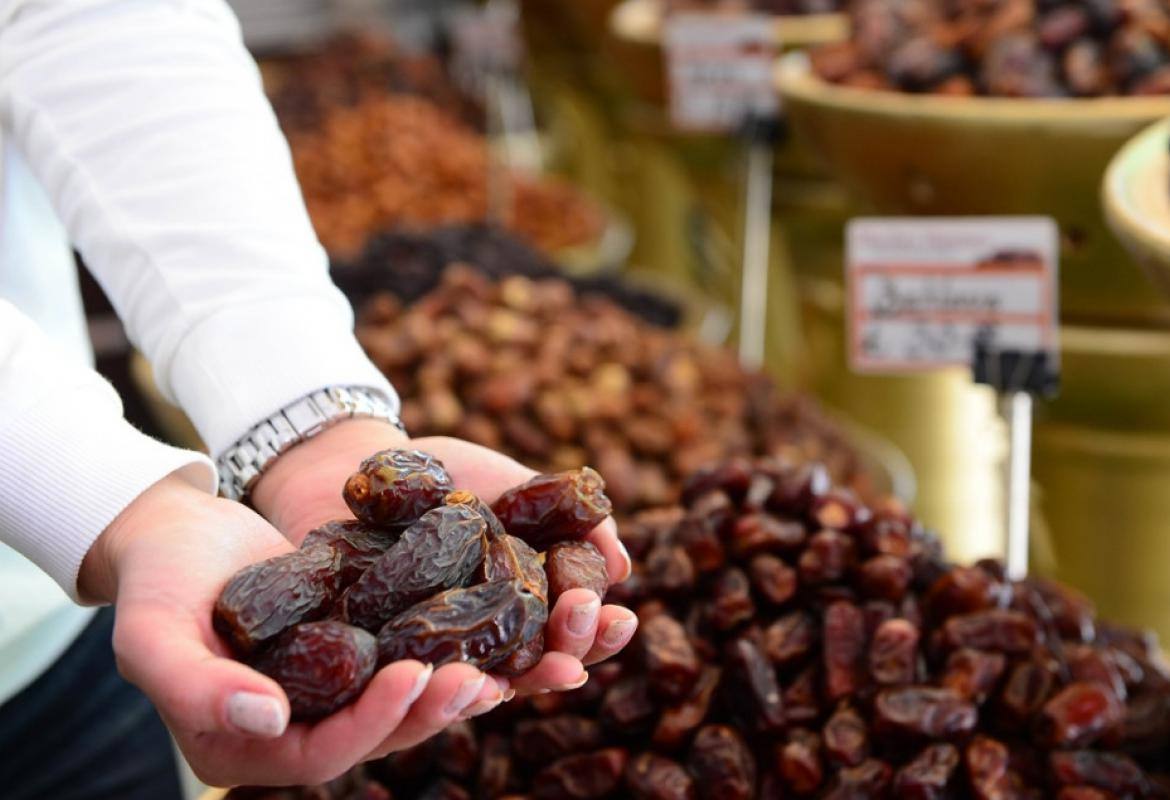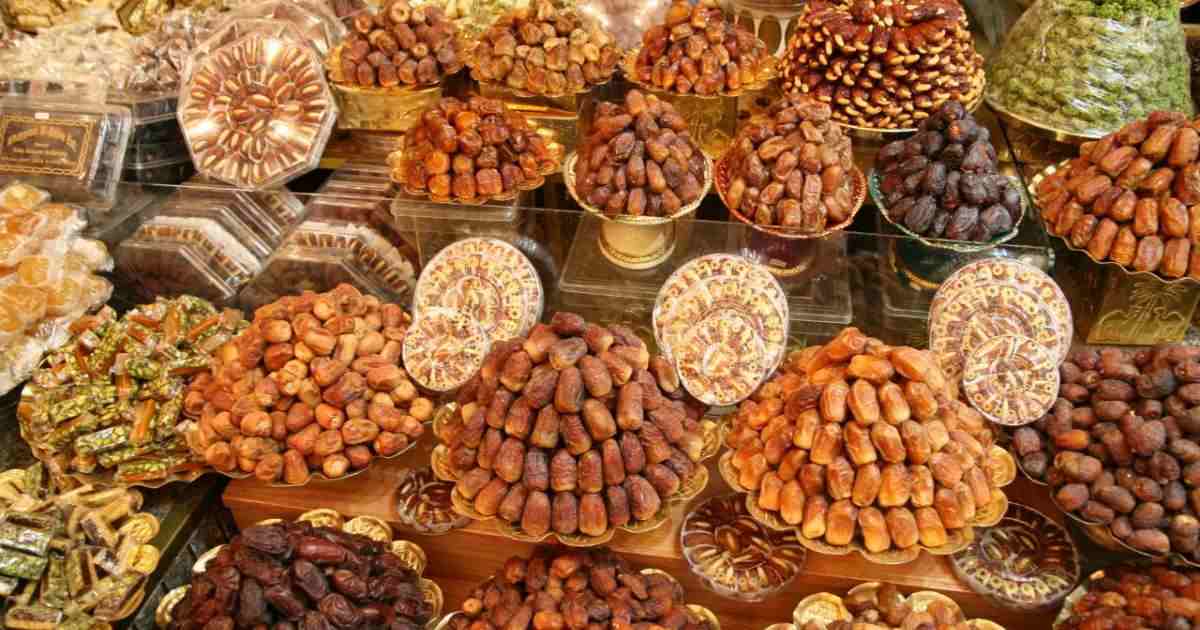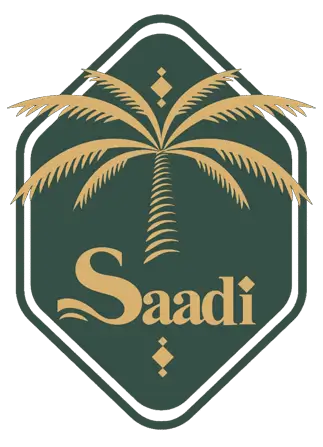Since online shopping is easy enthusiasts can easily, order Middle Eastern dates from their home. In this article, we will take a closer look at fascinating and charming world of Middle Eastern dates.
Middle Eastern dates, the crown jewels of the date world, have been an integral part of Persian culture for centuries. Grown in the arid regions of Middle East, these succulent and sweet fruits are not only a testament to the country’s agricultural prowess but also a symbol of its rich history and traditions. In this article, we explore the captivating world of Middle Eastern dates, shedding light on their origins, diversity, nutritional benefits, and cultural significance
Types of Middle Eastern dates
Middle East, often referred to as the “Date Capital of the World,” boasts an array of date palm varieties, each with its own unique taste, texture, and appearance. Some of the most famous Middle Eastern date varieties include Medjool, Zahedi, Piarom, Mazafati, and Sayer. These varieties thrive in different regions of the country, owing to Middle East’s diverse climate and topograp.
Beyond their delectable flavor, Middle Eastern dates are a nutritional powerhouse. Rich in natural sugars, fiber, and essential nutrients, they provide a quick and sustained energy source. Dates are an excellent source of dietary fiber, aiding in digestion and promoting a feeling of fullness. Additionally, these fruits are packed with vitamins and minerals, including potassium, magnesium, iron, and vitamin B6, which contribute to overall health and vitality.

Eating Middle Eastern dates
The consumption of Middle Eastern dates is associated with a range of health benefits. Their high fiber content supports digestive health, while the natural sugars provide a healthier alternative to refined sugars. The vitamins and minerals found in Middle Eastern dates play a vital role in maintaining cardiovascular health, bone strength, and immune function. Furthermore, these fruits contain antioxidants that help combat oxidative stress and inflammation.
In Middle Eastern cuisine, dates are not just a simple snack; they are an integral ingredient in many traditional dishes. Dates can be found in a variety of recipes, from savory dishes like rice with dates and saffron to sweet treats like date-nut confections and cookies. Middle Eastern dates are also enjoyed on their own, often paired with nuts, cheeses, or herbal teas.
Dates hold a special place in Middle Eastern culture and traditions. These fruits are cherished symbols of hospitality, generosity, and unity. Middle Easterns have a long-standing tradition of offering dates to guests as a gesture of welcome. During the holy month of Ramadan, dates play a significant role in breaking the fast, with people sharing dates and water as a symbol of togetherness and spiritual nourishment

Export of Middle Eastern dates
Middle Eastern dates have not only found a special place in local customs but have also become a significant export commodity. The country’s date exports contribute to its economy and trade, allowing the world to savor the flavors of this prized fruit. Middle Eastern dates are exported to numerous countries, spreading their cultural significance and nutritional benefits across the globe.
Middle Eastern dates are much more than a delightful treat; they encapsulate the essence of Persian culture, history, and nutrition. Their journey from sun-soaked palm trees to global tables is a testament to their enduring appeal and widespread popularity. Whether enjoyed on festive occasions or as a daily indulgence, Middle Eastern dates continue to captivate taste buds and hearts, bridging the gap between tradition and modernity.
